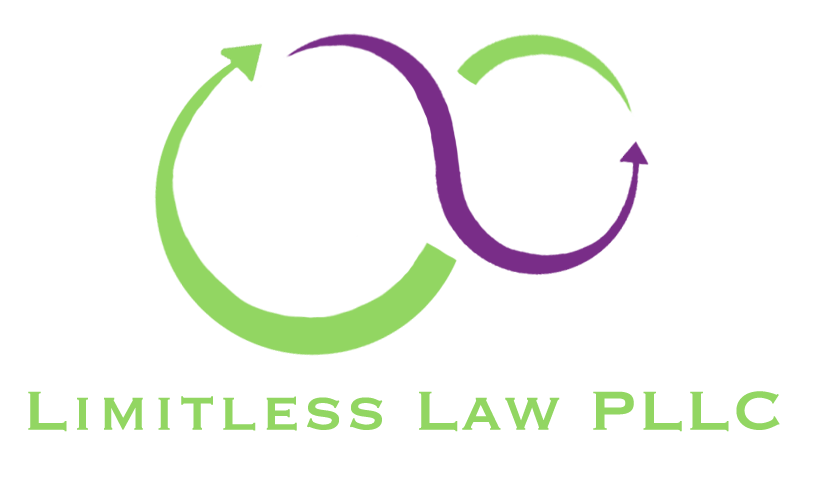How a Disclaimer Trust Can Help Save Your Family Money on Washington Estate Tax

If you live in Washington State, you may already know that our state has its own estate tax, separate from the federal estate tax. Washington’s estate tax rules have recently undergone a substantial change.
As of July 1, 2025:
- The estate tax exemption is now $3 million per person (up from just over $2 million prior to the change in the law).
- The estate tax rates are now higher, ranging from 10% to 35%, depending on the size of the taxable estate.
That means many Washington families (even those who don’t consider themselves “wealthy”) may face significant estate tax exposure. The good news? A well-designed estate plan, including a disclaimer trust, can help reduce or even eliminate Washington estate taxes.
Washington State Estate Tax Exemption in 2025
The estate tax exemption is the amount you can pass at death without owing estate tax. In Washington for 2025:
- Each individual has a $3 million exemption.
- A married couple can potentially shelter $6 million by taking advantage of special estate planning tools like disclaimer trusts.
- Anything above these exemption amounts may be subject to Washington’s estate tax.
Because home values, retirement accounts, and life insurance proceeds all count toward the value of your estate, many families find themselves unexpectedly above the $3 million threshold.
Washington State Estate Tax Rates in 2025
For deaths occurring on or after July 1, 2025, Washington estate tax applies as follows (only to the value of an estate above $3 million):
- $0 – $1 million → 10%
- $1 – $2 million → 15%
- $2 – $3 million → 17%
- $3 – $4 million → 19%
- $4 – $6 million → 23%
- $6 – $7 million → 26%
- $7 – $9 million → 30%
- Above $9 million → 35%
These higher brackets make strategic estate planning more important than ever.
What Is a Disclaimer Trust?
A disclaimer trust is a flexible estate planning tool often used by married couples in Washington. It works like this:
- When the first spouse dies, everything could pass to the surviving spouse.
- But with a disclaimer trust, the surviving spouse has a choice—they can “disclaim” (refuse) part of the inheritance.
- The disclaimed assets go into a trust, where they are sheltered by the deceased spouse’s $3 million exemption.
- The surviving spouse can still access the trust income, and in many cases, principal as well.
Benefits of a Disclaimer Trust in Washington
Here’s why a disclaimer trust can be so powerful for estate tax planning:
- Preserves Both Exemptions: Instead of wasting one spouse’s $3 million exemption, both can be used—shielding up to $6 million.
- Flexibility: The surviving spouse doesn’t have to decide today. They can wait until the first spouse dies to see what makes the most financial sense.
- Tax Savings: With rates as high as 35%, preserving both exemptions can save families hundreds of thousands—or even millions—of dollars in Washington estate tax.
- Protection for Heirs: A disclaimer trust can also protect assets for children and future generations.
Is a Disclaimer Trust Right for Your Family?
You might benefit from a disclaimer trust if:
- You and your spouse (as Washington State reisdents) have a combined estate of more than $3 million.
- You own valuable real estate, retirement accounts, or life insurance.
- You want flexibility to adapt to future changes in the law.
- You want to minimize or avoid Washington estate taxes.
If you want to learn more about how a disclaimer trust could help your family, contact our office today to schedule a strategy session. We’ll walk you through your options and help you create a Washington estate plan that makes sense for your goals.
If you are seeking assistance with estate planning, probate, adoption, real estate transactions, or business legal questions, please don't hesitate to reach out to the experienced team at Limitless Law PLLC. We're here to help.
Call 360-685-0145 or click here to learn more!






